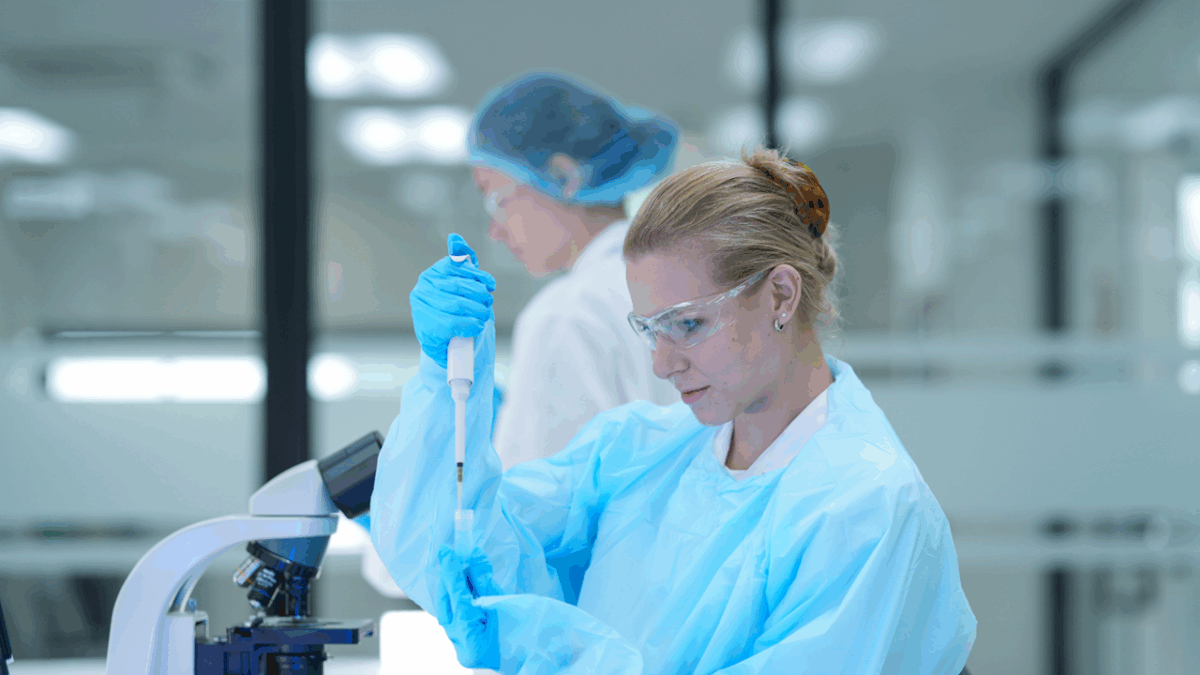The US Food and Drug Administration (FDA) is stepping up to tackle the complexities of rare diseases, with the new Rare Disease Innovation Hub. This new initiative aims to speed up treatment and care for over 30 million Americans living with these conditions, focusing on enhancing outcomes and accelerating the approval of innovative therapies.
Rare diseases affect approximately one in 10 Americans, with children making up nearly half of this demographic. The majority of rare diseases manifest in childhood, with many not surviving past five years of age. Parents and caregivers of children with rare diseases often struggle with stress because of limited information and few treatment choices. Frequent medical appointments can force some caregivers to cut back on work hours.
Despite recent advances, the treatment landscape remains stark — most rare diseases lack FDA-approved treatments, leaving many patients without the help they need. This is further exacerbated by the high cost of treatments.
XTALKS WEBINAR: Why Authenticity and Patient Voice Are Critical When Driving Clinical Trial Diversity
Live and On-Demand: Monday, September 9, 2024 at 1pm EDT (10am PDT)
Register for this webinar today to learn about successful community engagement and how the inclusion of different patient narratives is helping improve clinical trial diversity.
The Rare Disease Innovation Hub, set to launch within the FDA, will address these gaps by fostering collaboration by various experts. By concentrating efforts on diseases affecting smaller populations or those with variable natural histories, the Hub aims to focus on diseases that are less common, hard to understand or particularly challenging to treat.
Here’s what the Hub plans to do:
- Act as the main contact point for the rare disease community, including patients, caregivers, trade groups and academic institutions. The Hub will navigate the complex intersections within the FDA, such as medical devices and combination products.
- Improve collaboration to tackle common scientific, clinical and policy challenges and bring consistency across product reviews.
- Streamline and adapt the regulatory process with innovative trial design, novel treatment endpoints, new diagnostic markers and real-life data to support new treatment approvals.
Co-led by Dr. Patrizia Cavazzoni, director of the Center for Drug Evaluation and Research (CDER) and Dr. Peter Marks, director of the Center for Biologics Evaluation and Research (CBER), the Hub will integrate efforts across several FDA centers. It will also introduce a new senior leadership role, the director of Strategic Coalitions, to strengthen communication and collaboration with external stakeholders and guide the Hub’s direction.
The Rare Disease Innovation Hub hopes to ensure that new and better treatments reach patients faster and more consistently. The initiative will build on existing programs like the CDER Accelerating Rare disease Cures (ARC) Program and the CBER Rare Disease Program, enhancing the FDA’s ability to expedite the development and approval of treatments.
The FDA is also expanding rare disease research efforts with its START Pilot Program, an initiative to accelerate the development of life-saving treatments for rare diseases. By providing more direct support and guidance on clinical trials and product development, this program guides researchers and companies through the complex process of bringing new therapies to market. The program will focus on conditions like Friedreich’s ataxia, vanishing white matter disease and Rett syndrome, reflecting a broad spectrum of unmet rare medical diseases.
With the Rare Disease Innovation Hub, the FDA is set to make significant strides in addressing the challenges of rare diseases, ensuring that new advances lead to tangible improvements in the lives of patients.
Dr. Cavazzoni and Dr. Marks are optimistic about delivering new therapeutic options. The FDA will host a public meeting later this year to share more about the Hub’s objectives and gather input from the community.












Join or login to leave a comment
JOIN LOGIN